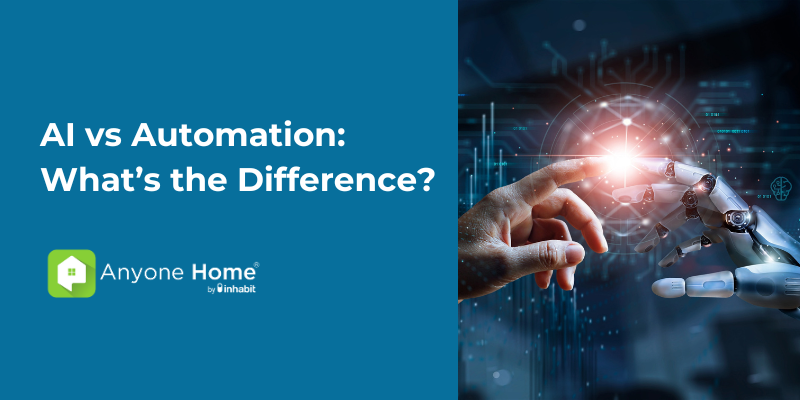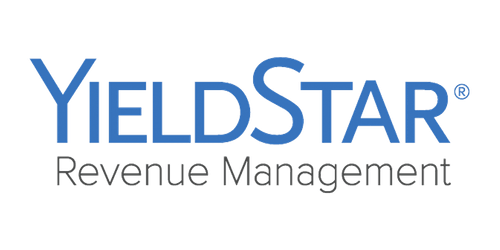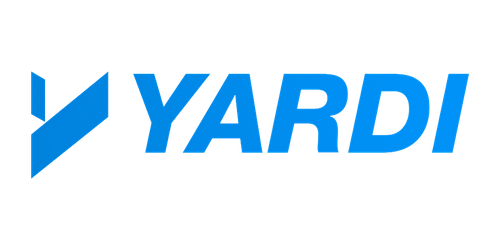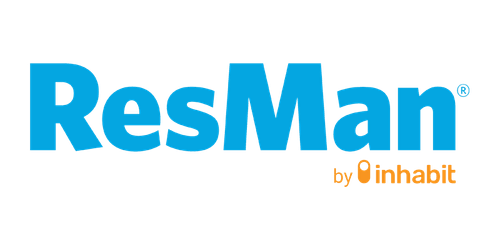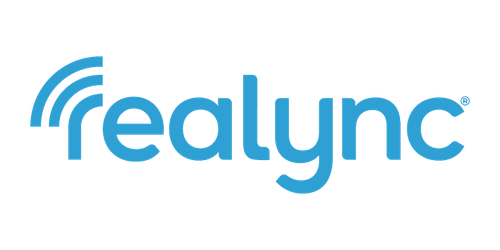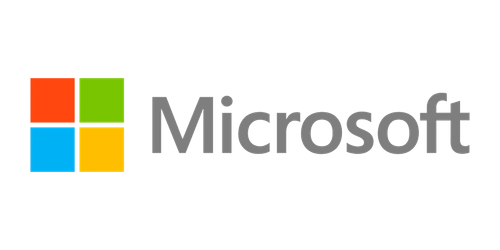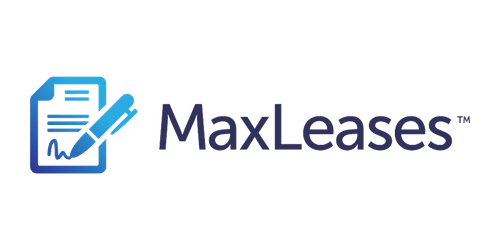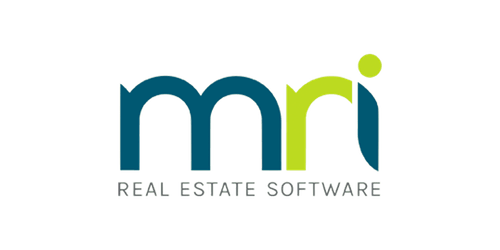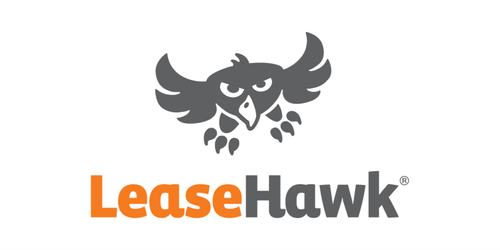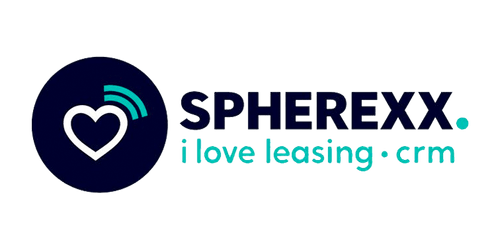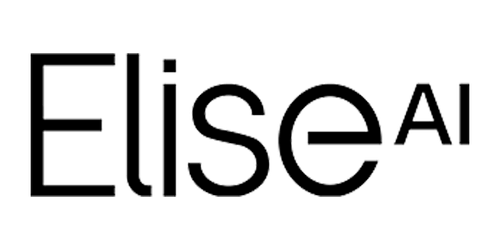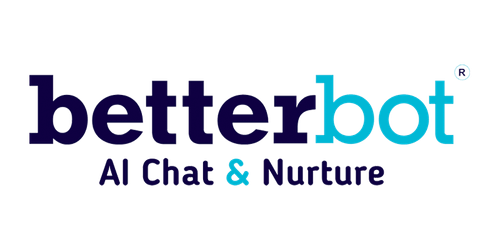Throughout the last year, artificial intelligence (AI) has become the new hot topic and, at recent multifamily conferences, it is flooding conversations and questions in sessions, networking events, and tradeshow floors. However, we couldn’t help but notice how often the concept of AI was described inaccurately or with confusion.
In property management technology, AI and automation are two terms that get tossed around interchangeably, which has ultimately led to misunderstanding among various employee positions across multifamily. But there are concrete distinctions and differences between the two kinds of technologies and while many companies claim to have been using AI for long periods of time, most don’t realize most of what they are referring to isn’t actually AI.
So to clear up confusion, let’s dive in and clearly define what AI and automation are and how the two kinds of technologies work side-by-side to elevate and optimize operational excellence and leasing strategies at your properties:
Understanding Automation
Automation involves software performing repetitive tasks, typically at scale. Within multifamily, these tasks can include sending messages, scheduling appointments, processing data, and triaging work orders. These tasks run based on predetermined and preprogrammed inputs and are designed to minimize human assistance.
We often see staff using automated technology to streamline the tasks within leasing and maintenance. It’s like having a digital workforce at your disposal, tirelessly handling routine chores or repetitive steps so staff can focus on more strategic initiatives and interactions that require more personable action. Think of automation as the backbone of operational optimization, enabling smoother workflows, reducing manual labor, and doing so with 100% consistency.
Automation essentially gives your teams time back and eliminates overhead costs. It is technology that is preprogrammed to perform tasks with ease and speed.
Understanding Artificial Intelligence (AI)
AI, however, is the brain behind the brawn of automation and the new buzzword of multifamily. AI is a broad term that essentially encompasses the use of computers that can carry out tasks which would normally require human intelligence. Even better, AI does these tasks in a human-like manner. AI involves a wide range of capabilities, including visual perception, speech recognition, decision-making, and translation between languages.
While AI has its perks, it’s not as predictable or consistent as automation so it is mostly used for more personable and complex tasks that take advantage of not needing operational rules. AI is centered on machine learning, collecting data and applying that new information to its decision-making. Ultimately, this is the biggest differentiator between AI and automation: AI performs tasks like a human and can function without firmly defined rules while automation does not. AI is truly unique, as it recognizes data patterns and makes decisions autonomously, all without explicit programming.
In multifamily, AI holds immense potential, especially in becoming a virtual leasing agent capable of answering inquiries, scheduling tours, and even triaging service requests. On-site staff can also glean valuable insights from conversations with AI into market trends, occupancy rates, and renter behavior, empowering data-driven decision-making in your leasing strategies.
The Intersection of AI and Automation
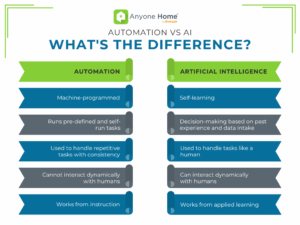
Here’s where it gets interesting: while AI and automation are distinct and different concepts, they often intersect, which is why they so often get confused. Automation operates based on data. AI understands the data… and then applies it all on its own.
Automation is not contingent on AI to perform its simple, rule-based systems, which are so often implemented to handle common or repetitive tasks at scale. However, AI can be contingent on automation, especially when it comes to data processing and task execution. AI algorithms rely on vast amounts of data, often collected and organized through automated systems, to fuel their learning and decision-making processes. It’s a symbiotic relationship that only elevates your internal leasing processes!
Will AI Replace Staffing?
A genuine fear throughout the industry, and many others, is whether AI will replace staff. However, multifamily and its leasing of apartments could never do without the human interaction for its renters. In fact, the leasing of an apartment is a very personal business, as people are considering your property as a future home.
The overall design of AI in multifamily is meant to complement and empower human capabilities, not replace them. Much like automation and other technology eliminates overhead costs, AI works the same, using its data and learnings to have smart conversations with leads and residents when staff are out of the office or busy with other residents and leads.
By integrating AI-driven solutions into multifamily operations, staff members will only deliver even better experiences for renters and leads alike. Leasing agents can devote more time and energy with prospective renters by building genuine connections, understanding their needs, and helping them in the decision-making process of finding a home.
AI will merely act as a virtual concierge, answering questions and capturing guest card information. In the same way Spotify’s AI creates your seemingly perfect daily playlists, multifamily Chatbots have natural language processing capabilities that can engage with leads in real-time, providing instant answers to common questions, 24 hours a day and seven days a week. This means your staff can rest easy knowing AI is handling conversations effectively outside of office hours and when they are busy serving other leads and renters.
With AI, staff members can elevate the renter experience to new heights. Personalized recommendations, predictive insights, and tailored interactions lay the foundation for long-term satisfaction and interest, from lead generation all the way to renewals.
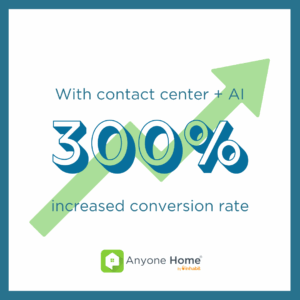
While AI and automation share common ground, they each bring unique capabilities to the table. As exciting as AI is for multifamily and the potential it has throughout other areas of operations, it’s important to know the difference and understand the nuances between the two before implementing or changing any technology. Whether you’re a seasoned executive or an onsite leasing agent, embracing the possibilities that AI and automation offer together will ultimately pave the way for better and smarter leasing.
If you’re interested in leasing smarter with Anyone Home, BOOK A DEMO to learn more.
